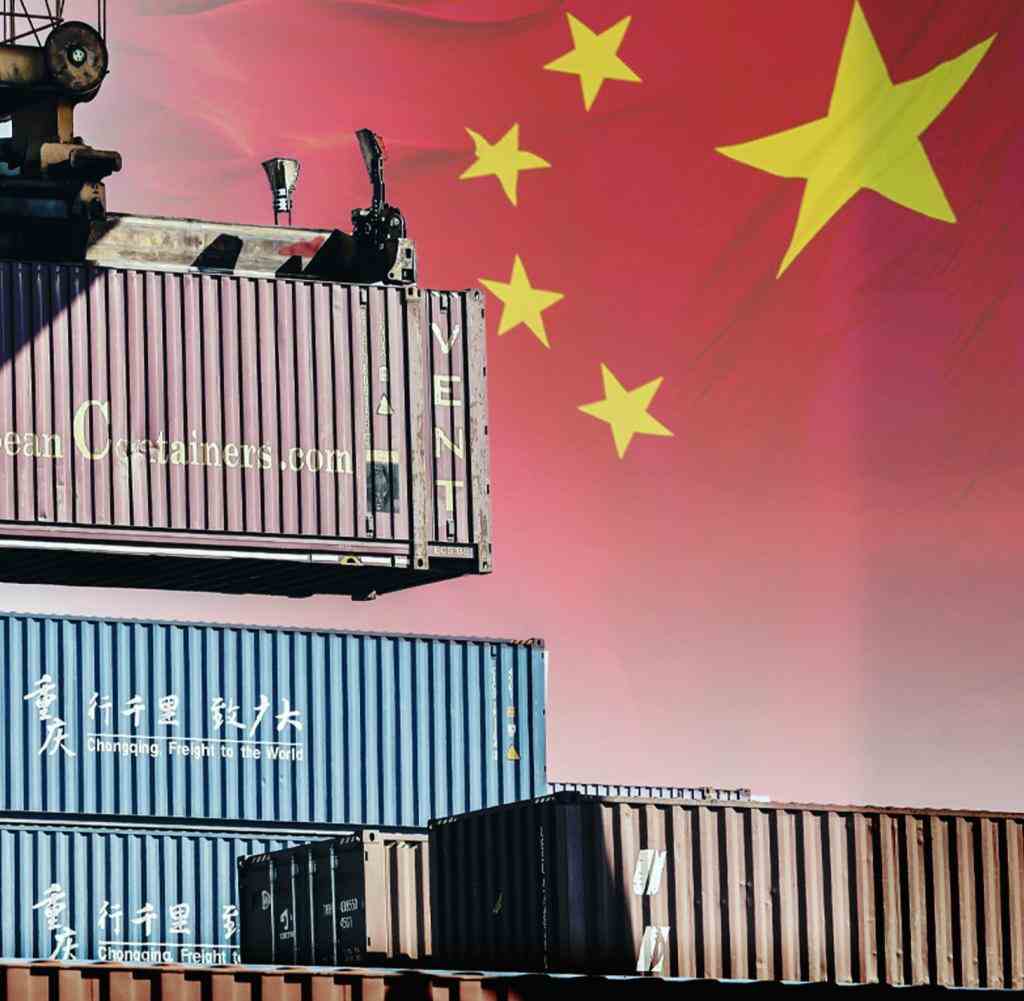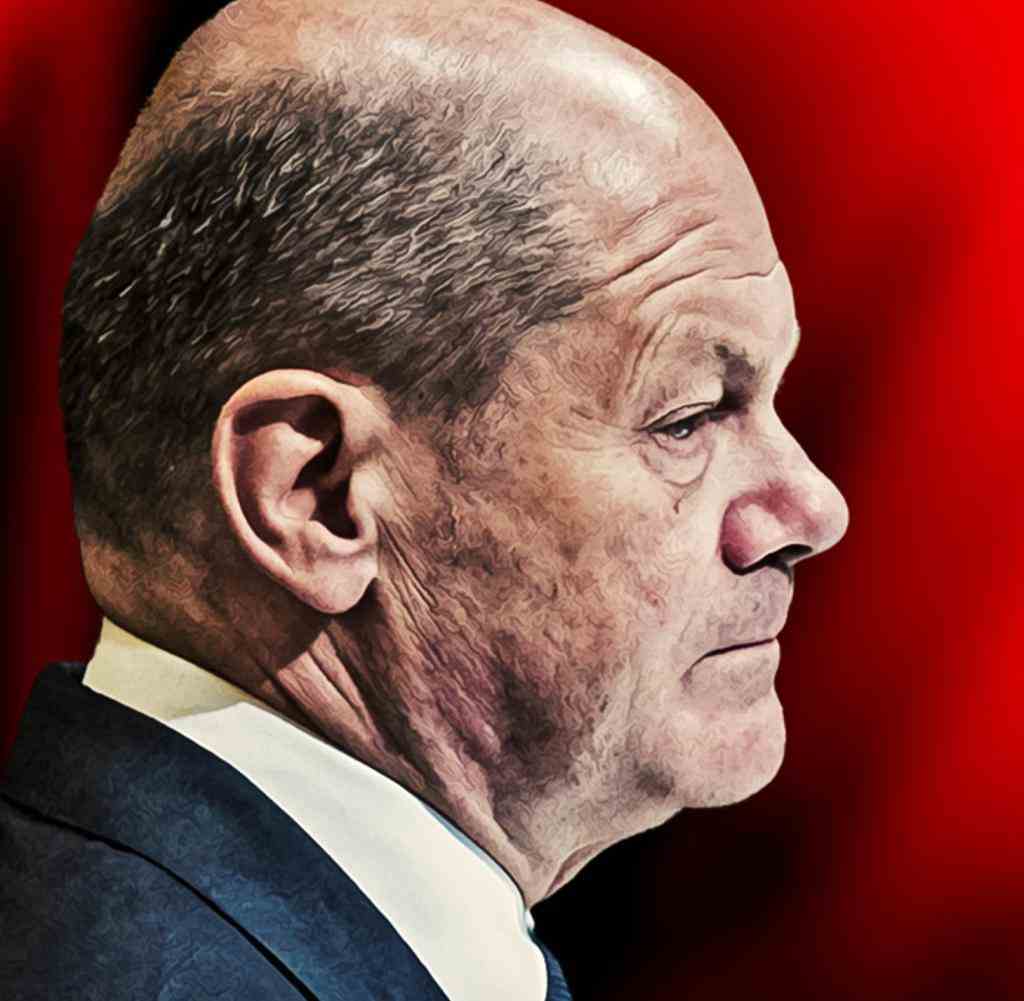Green leader Lang criticizes Scholz – and calls for a “change in China policy”
“We’ve talked about a lot of things where we don’t agree”
Chancellor Scholz was in Beijing for the first time: in a conversation he appealed to Xi Jinping to use his influence on Putin. They also talked about a lot of things where they didn’t agree: “About human rights and perspectives for Taiwan.”
While Chancellor Scholz (SPD) is visiting Beijing, there are calls for a new course in Germany. Finance Minister Lindner (FDP) warns: “Only what is allowed for Germans in China can also be allowed for the Chinese in Germany.” Green leader Lang calls for more support for Taiwan.
BUndescancer Olaf Scholz (SPD) put pressure on China’s leadership in talks in Beijing to persuade Russia to give in to the Ukraine war. “Xi and I agree that nuclear threats are irresponsible and extremely dangerous,” said Scholz on Friday after talks with President Xi Jinping and Prime Minister Li Keqiang. As a UN veto power, China has a responsibility to help bring the war to an end.
Scholz, who was accompanied by a business delegation, also warned that China should not use violence in the conflict with Taiwan, which Beijing regards as a breakaway province, and that it must protect minority rights against the Muslim Uyghurs. The SPD politician explicitly defended his visit against criticism from Foreign Minister Annalena Baerbock (Greens), for example. “It’s good and right that I’m here in Beijing today,” emphasized Scholz.
In joint press statements, Prime Minister Li also went into detail about the upheavals on the international grain markets triggered by the war and called for an end to the turbulence. These would also affect China with its 1.4 billion inhabitants. Scholz accused Putin of triggering a wave of price increases for energy and food around the world with the war of aggression. The poorest countries would feel this.
Li emphasized the great potential of the cooperation between the two countries and promised that his country would continue to open up to German companies. Scholz spoke of unfair treatment of many companies and insisted on equal mutual access to markets. The Chancellor also campaigned for the approval of Biontech’s corona vaccine.
Lindner: “We have to protect intellectual property”
In dealing with the People’s Republic, Federal Finance Minister Christian Lindner (FDP) calls for a new strategic vision. “Only what is allowed for Germans in China can also be allowed for Chinese in Germany,” said Lindner in an interview with WELT AM SONNTAG. Future trade and economic relations must be based on the principle of reciprocity, reciprocity. Basically, Germany must recognize that China is not just a place to trade, but also a systemic rival. “That’s why we have to protect our critical infrastructure and our intellectual property,” said Lindner.
The new position towards China does not mean that the German economy should reduce trading activities with the economic superpower. “China is a gigantic domestic market where our premium products are sold. That’s why we need to maintain trade relations with China.” The United States was no different. In the long run, however, German companies would also have to look at other regions of the world, such as North and South America and Africa. The task of politics is to promote business in these regions by dismantling trade barriers.
Greens leader Ricarda Lang called for Germany’s dependence on China to be reduced. In an interview with WELT AM SONNTAG, Lang said that Germany must regain strategic sovereignty over Beijing and strategically shape industrial policy. “That means: We have to define certain areas from which we keep China out. We should also regain production sovereignty in certain sectors.”
Ricarda Lang, leader of the Green Party
Source: Federal Government/HCPlambeck
Lang criticized the Chancellor’s appearance in Beijing: “It would have been good if representatives of civil society and human rights experts had traveled alongside business representatives.” Lang called for “a turning point in German China policy”.
Lang also advised expanding relations with Taiwan. “Intensifying contacts is definitely the right thing to do – especially when it comes to supporting initiatives in Taiwan that stand up for human rights at home and in the People’s Republic. But we should also expand the existing contacts in the economic area in order to support Taiwan.”
The EU’s one-China policy still applies to the Greens. But that also means: “Questions regarding the status of Taiwan, for example, are peaceful and consensual, so by no means should they be answered against the will of the people of Taiwan. As Greens, we unequivocally stand with Taipei.”
“Kick-off Politics” is WELT’s daily news podcast. The most important topic analyzed by WELT editors and the dates of the day. Subscribe to the podcast at Spotify, Apple Podcasts, Amazon Music or directly via RSS feed.






